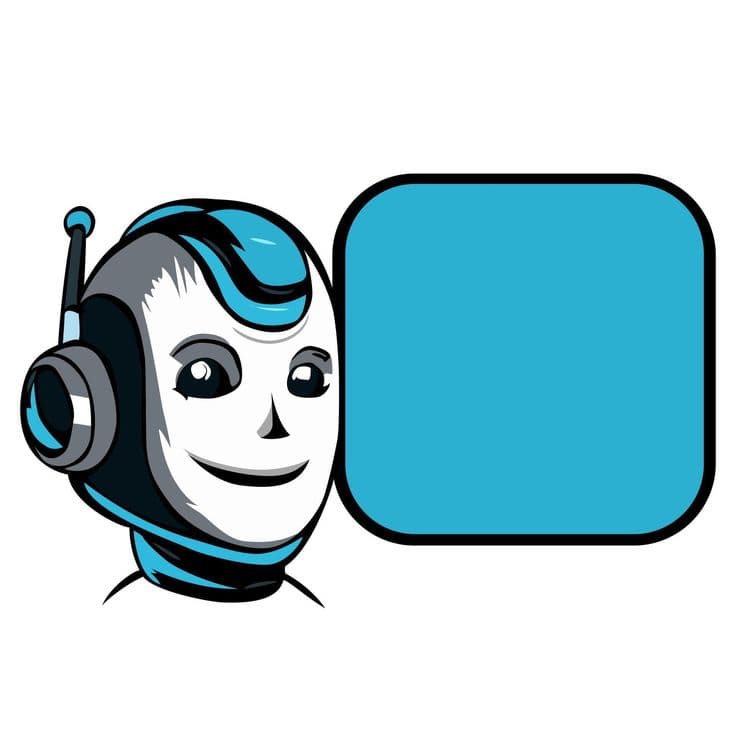The Future of Search: Chatbots vs. Search Engines – Are We Witnessing the End of Google?

[INTRO – 0:00 to 1:00]
🎙️ Camera on presenter, upbeat music in the background
Host:
“Hey everyone, welcome back to the channel! Today we’re diving into a major shift happening on the internet—something that could completely change how you and I interact with information. I’m talking about the battle between search engines and AI chatbots. Will tools like ChatGPT, Google Gemini, or Perplexity replace traditional search engines like Google, Bing, and DuckDuckGo? Stick around, because what we uncover today might just change how you browse forever!”
📌 [PART 1: The Evolution of Search – 1:00 to 4:00]
Host:
“Let’s start with a quick history lesson. Search engines have been our main gateway to the internet for nearly three decades. From the days of AltaVista to Yahoo, and eventually Google dominating the space since the early 2000s, the model has remained pretty much the same: You type in keywords, the engine shows you links, and you pick what to read.
Google improved that with better indexing, PageRank, featured snippets, and knowledge panels—but fundamentally, it’s still link-based navigation.
But here’s the problem:
Search today is cluttered, ad-heavy, and often requires multiple clicks before you find what you need. And that’s where chatbots come in.”
🤖 [PART 2: What Makes AI Chatbots So Powerful – 4:00 to 8:00]
Host:
“So what’s the big deal about chatbots? Why are they being called the 'Google killers'?”
- Natural language processing lets users ask questions the way they would talk to a human.
- Tools like ChatGPT, Gemini, Claude, and Perplexity AI don’t just give you links—they give you answers.
- And now, with voice interaction, memory, custom instructions, and real-time browsing, it’s like having your own digital assistant.
Example 1:
Say you want to plan a 3-day trip to Italy on a budget.
Instead of googling “Italy itinerary,” “cheap flights,” “budget restaurants in Rome,” you just ask the chatbot:
“Can you plan a 3-day budget trip to Italy including flights, hotels, and meals under $800?”
Boom. Instant plan.
Example 2:
Developers are now asking bots to write, debug, and deploy code directly. No need to click through Stack Overflow anymore.
🔍 [PART 3: Search Engines Strike Back – 8:00 to 12:00]
Host:
“But don’t count search engines out just yet. Google has been integrating AI into its services since before many of us knew what AI even was.”
- Google’s Search Generative Experience (SGE) offers AI-powered summaries.
- Bing is now integrated with Copilot (formerly Bing Chat), using OpenAI tech.
- Ecosystem integration (maps, mail, YouTube, flights, shopping) still makes Google extremely powerful.
And here’s a key point:
Search engines are better at discovery and exploration.
If you're browsing a broad topic like “best online businesses to start in 2025,” search engines show you a diverse set of sources and options. Chatbots, on the other hand, summarize and condense—sometimes missing out on nuance.
⚔️ [PART 4: Pros & Cons – Head to Head – 12:00 to 18:00]
📍 Search Engines (Google/Bing)
Pros:
- Source transparency
- Better for broad exploration
- SEO-driven diversity
- Real-time indexing of new content
Cons:
- Ad-heavy experience
- Time-consuming
- Click-based learning curve
🤖 Chatbots (ChatGPT/Gemini/Claude)
Pros:
- Fast, direct answers
- Natural conversation
- Task automation (coding, summarizing, translating)
- Personalization through memory and custom instructions
Cons:
- Risk of hallucinations
- Limited source visibility (sometimes)
- Still evolving with real-time web access
- Less effective at exploratory browsing
💼 [PART 5: The Business Implications – 18:00 to 22:00]
Host:
“This shift has MASSIVE implications for businesses, creators, and marketers.”
- SEO strategies may die if users never click links.
- Ad revenue models will shift dramatically—especially for Google.
- E-commerce will be reshaped: People might shop directly through AI agents.
- Content creators must optimize for AI summarization, not just search visibility.
This means:
Businesses need to start optimizing for AI discoverability, not just search ranking.
🌐 [PART 6: What Comes Next? – 22:00 to 25:00]
Host:
“So what does the future look like?”
- Expect hybrid search: search engines + AI responses.
- Users will bounce between AI chatbots and traditional engines based on context.
- New players like Perplexity AI and You.com could disrupt Google’s dominance.
- Voice-first search and personal AI agents will likely lead the next wave.
🎤 [OUTRO – 25:00 to 27:00]
Host:
“We’re standing at the edge of a massive shift. Whether you’re a content creator, a tech lover, or just someone who wants faster answers, the future of search is going to affect you directly.
So—do YOU think AI chatbots will replace search engines? Or will they work hand in hand? Drop your thoughts in the comments, like and subscribe for more deep dives into tech trends, and as always, thanks for watching!”
🎬 [End screen with subscribe button, links to related videos, and background music]